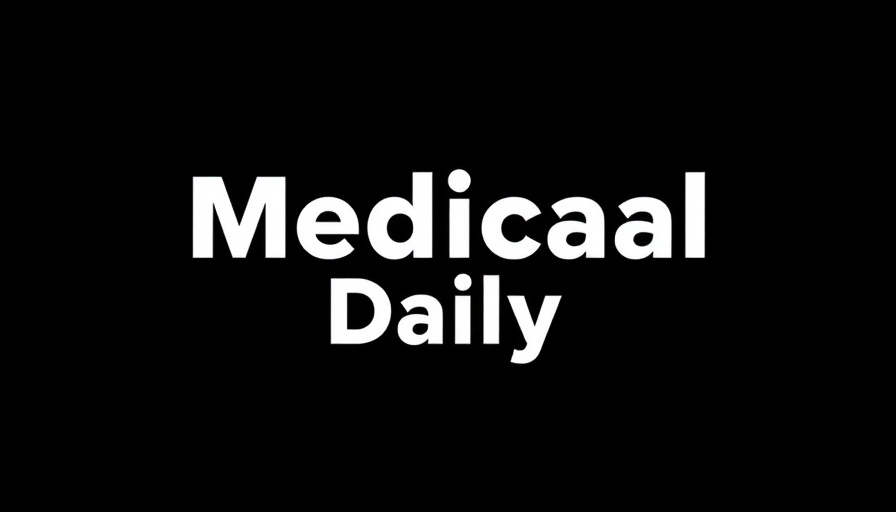
Unraveling a Major Case of Medicaid Fraud
In a shocking turn of events, an Arizona pastor has become the face of one of the state's largest Medicaid fraud cases, allegedly using his church, Hope of Life International, as a facade to funnel millions into fraudulent claims. Pastor Theodore Mucuranyana, along with 16 co-defendants, is accused of orchestrating a scheme that involved billing for nonexistent rehabilitation services that purportedly benefited deceased, incarcerated, or hospitalized individuals. This expansive indictment highlights serious threats to the integrity of healthcare funding in Arizona, raising questions about accountability within both clergy and healthcare providers.
The Scope of the Fraudulent Operations
Officials announced that claims exceeding $60 million were submitted through a business identified as Happy House Behavioral Health. Prosecutors allege that this entity exploited Medicaid by improperly billing for services and consequently diverting over $5 million directly to the church as they prepared for an investigation. Such actions are alarming not only for the potential financial implications but also because they exploit vulnerable individuals who should be receiving legitimate health services.
Legal Ramifications and Broader Implications
The indictment includes charges of money laundering against Mucuranyana and the church, with assets such as luxury goods and properties now susceptible to seizure. This case may signify a trend in the legal approach toward white-collar crime, particularly within healthcare, as Attorney General Kris Mayes, who assumed office in early 2023, has been proactive in tackling fraudulent practices. Over 100 individuals have faced charges this year alone, shedding light on a broader issue of exploitation rampant in the sector.
Understanding Medicaid Fraud: A Growing Concern
Medicaid fraud is a serious issue that impacts millions. The manipulation of healthcare funds erodes trust in medical institutions and jeopardizes services for those who genuinely need assistance. As the investigation continues, it is essential to acknowledge the systemic changes required to prevent such fraud in the future. Proactive measures, including stricter regulations and enhanced monitoring, could help safeguard Medicaid funds and reinforce the ethical use of healthcare resources.
Building a Community of Awareness and Support
This case brings to light the importance of community awareness regarding illegal practices within healthcare systems. Individuals must be educated about their rights and equipped with the knowledge to report suspicious activity. Local organizations and community leaders can play a vital role in fostering transparency and vigilance within healthcare settings.
A Call for Reflection: The Role of Faith Organizations
This incident emphasizes the responsibility of faith organizations not only to serve their communities physically but to lead ethically. Community members must engage church leaders in discussions about financial practices, ensuring that transparency and moral integrity are upheld. Collective awareness can foster an environment where unethical practices are challenged and discouraged.
 Add Row
Add Row  Add
Add 




Write A Comment